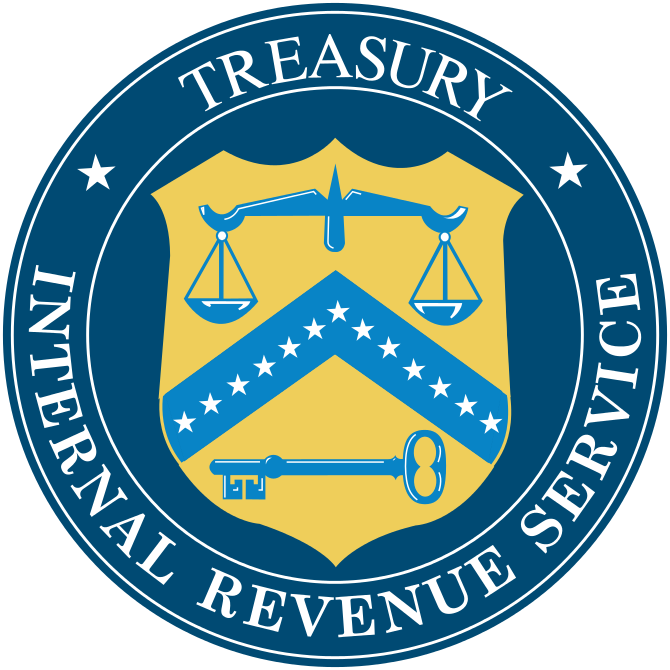Government warns of “Largest Ever” Phone Fraud Scam Targeting Taxpayers
Government warns of “Largest Ever” Phone Fraud Scam Targeting Taxpayers

Seal of the United States Internal Revenue Service. The design is the same as the Treasury seal with an IRS inscription. (Photo credit: Wikipedia)
WASHINGTON — The Treasury Inspector General for Taxpayer Administration (TIGTA) today issued a warning to taxpayers to beware of phone calls from individuals claiming to represent the Internal Revenue Service (IRS) in an effort to defraud them.
“This is the largest scam of its kind that we have ever seen,” said J. Russell George, the Treasury Inspector General for Tax Administration. George noted that TIGTA has received reports of over 20,000 contacts and has become aware of thousands of victims who have collectively paid over $1 million as a result of the scam, in which individuals make unsolicited calls to taxpayers fraudulently claiming to be IRS officials.
“The increasing number of people receiving these unsolicited calls from individuals who fraudulently claim to represent the IRS is alarming,” he said. “At all times, and particularly during the tax filing season, we want to make sure that innocent taxpayers are alert to this scam so they are not harmed by these criminals,” George said, adding, “Do not become a victim.”
Inspector General George urged taxpayers to heed warnings about the sophisticated phone scam targeting taxpayers, noting that the scam has hit taxpayers in nearly every State in the country. Callers claiming to be from the IRS tell intended victims they owe taxes and must pay using a pre-paid debit card or wire transfer. The scammers threaten those who refuse to pay with arrest, deportation or loss of a business or driver’s license.
The truth is the IRS usually first contacts people by mail – not by phone – about unpaid taxes. And the IRS won’t ask for payment using a pre-paid debit card or wire transfer. The IRS also won’t ask for a credit card number over the phone.
“If someone unexpectedly calls claiming to be from the IRS and uses threatening language if you don’t pay immediately, that is a sign that it really isn’t the IRS calling,” he said.
The callers who commit this fraud often:
- Use common names and fake IRS badge numbers.
- Know the last four digits of the victim’s Social Security Number.
- Make caller ID information appear as if the IRS is calling.
- Send bogus IRS e-mails to support their scam.
- Call a second time claiming to be the police or department of motor vehicles, and the caller ID again supports their claim.
If you get a call from someone claiming to be with the IRS asking for a payment, here’s what to do:
- If you owe Federal taxes, or think you might owe taxes, hang up and call the IRS at 800-829-1040. IRS workers can help you with your payment questions.
- If you don’t owe taxes, call and report the incident to TIGTA at 800-366-4484.
- You can also file a complaint with the Federal Trade Commission at www.FTC.gov. Add “IRS Telephone Scam” to the comments in your complaint.
TIGTA and the IRS encourage taxpayers to be alert for phone and e-mail scams that use the IRS name. The IRS will never request personal or financial information by e-mail, texting or any social media. You should forward scam emails to [email protected]. Don’t open any attachments or click on any links in those e-mails.
Taxpayers should be aware that there are other unrelated scams (such as a lottery sweepstakes winner) and solicitations (such as debt relief) that fraudulently claim to be from the IRS.
Read more about tax scams on the genuine IRS website at www.irs.gov.
###
Related articles
admin
Latest posts by admin (see all)
- Santa Claus stops at Lyons Village Hall - December 15, 2014
- Needy and disabled children celebrate Christmas in Cicero - December 13, 2014
- Irks, quirks and Oughta be laws - December 13, 2014







 Follow
Follow





